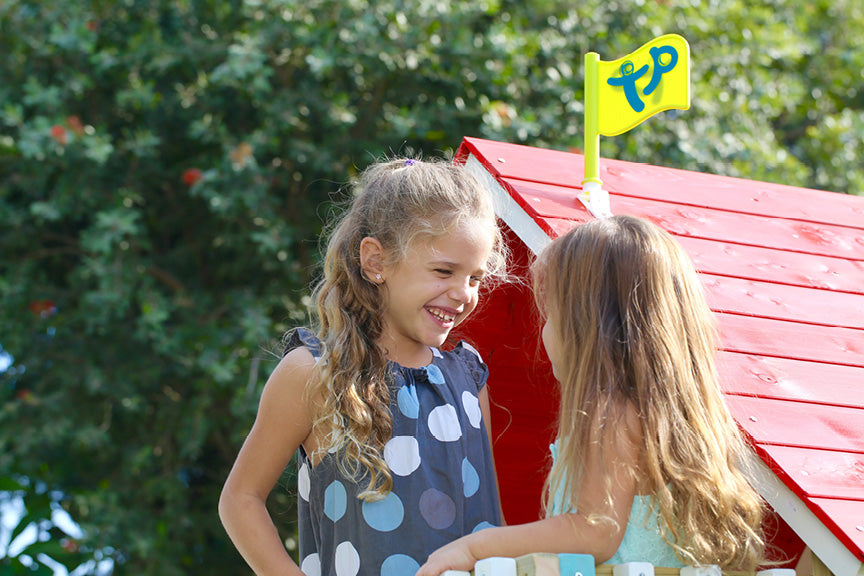We read so many books and articles and watch so many TV programmes that demonstrate how we can help our children learn or keep fit by getting them engaged in particular types of play.
For example, a game might ensure they've learnt their numbers by the time they go to school, another could encourage burgeoning writing abilities and more may aim to combat childhood obesity.
Research finds play is focused on goals
However, new research has suggested that sometimes, we should be letting our children play simply for the sake of it - because that could offer enormous benefits that don't have anything to do with education and fitness.
The study was carried out at the University of Montreal and involved a photography and interview project with 25 youngsters aged seven to 11. Each one was photographed and had a chat with their interviewer about their favourite ways to play.
First author Dr Stephanie Alexander said the findings revealed children liked to play in a variety of ways, with activities including knitting, movies, video games and having fun with family pets all especially popular.
Interestingly, these hobbies also had no particular goal to achieve while the participants were enjoying them.
Yet Dr Alexander also pointed out that when promoting play, many public health authorities now concentrate on the physical activity benefits of active play.
Co-author Professor Katherine Frohlich said: "By focusing on the physical activity aspect of play, authorities put aside several aspects of play that are beneficial to young people's emotional and social health. Obviously, we must ensure children's development and combat obesity. But to get there, must we distort play?"
The benefits of aimless play
For example, the authors discovered that playing without a goal is an end in itself for children, plus it allows them to have fun, experience excitement, and fight "boredom, sadness, fear, or loneliness".
Even worse, well-meaning authorities could be turning children off play, as forced games can remove the spontaneity, fun and freedom that should be involved.
Another factor the study authors noted was risk. Free play in which children were left to their own devices included a certain amount of perceived jeopardy, whereas controlled games didn't expose the youngsters to this.
Dr Alexander pointed out: "Allowing children to take acceptable risks while remaining vigilant is indeed beneficial to their development. An overemphasis on safety may contribute to the emergence of a generation of young people that is less and less able to cope with the unpredictable."
This demonstrates how vital it is to take children's perspectives into account when planning learning and development strategies.
"We hope that our findings will inform and improve the way authorities and indeed parents approach playtime," added Professor Frohlich.
How you can do it
Parents may find it especially difficult to trust their own instincts and simply let children play when they need to, as they are constantly subjected to mixed messages about their responsibilities with regard to providing experiences for their little ones.
Similarly, push and pull factors such as having to drop kids off at nursery and then only spending a certain amount of time with them later can inhibit our appreciation of play for play's sake.
It's tempting to want to take them to parent-toddler activities or play with them in a learning-based capacity, knowing as we do how competitive the world of grown-ups is.
But it is important to sit back sometimes and let children take the lead. Here are some tips on how:
• Encourage them to play with whatever they like (maybe limit the number to toys to a selection in a box to prevent confusion though) while you do a 'boring' job like wash the dishes
• Ask 'what shall we do now?' or 'what happens next' while you play with them
• Set them up with outdoor toys in warmer weather and watch how children interact with them - you may be surprised
• Ask them what they like about their favourite games, just as the researchers did
Not only should this ensure children experience the range of benefits outlined by the University of Montreal, but you could also discover a sense of relaxation as the pressure to constantly achieve is taken off.
Let's give it a try and bring back play for play's sake.




